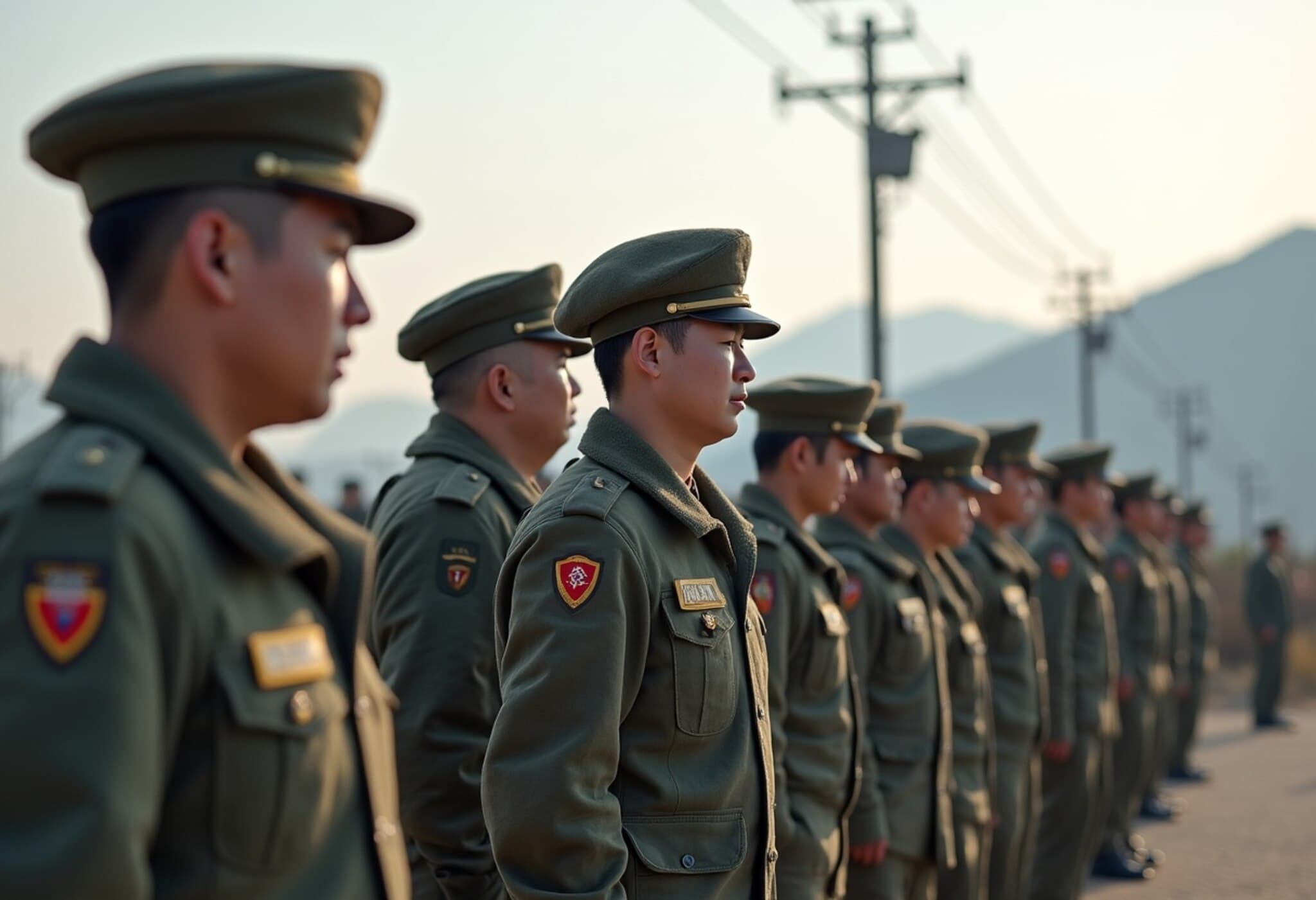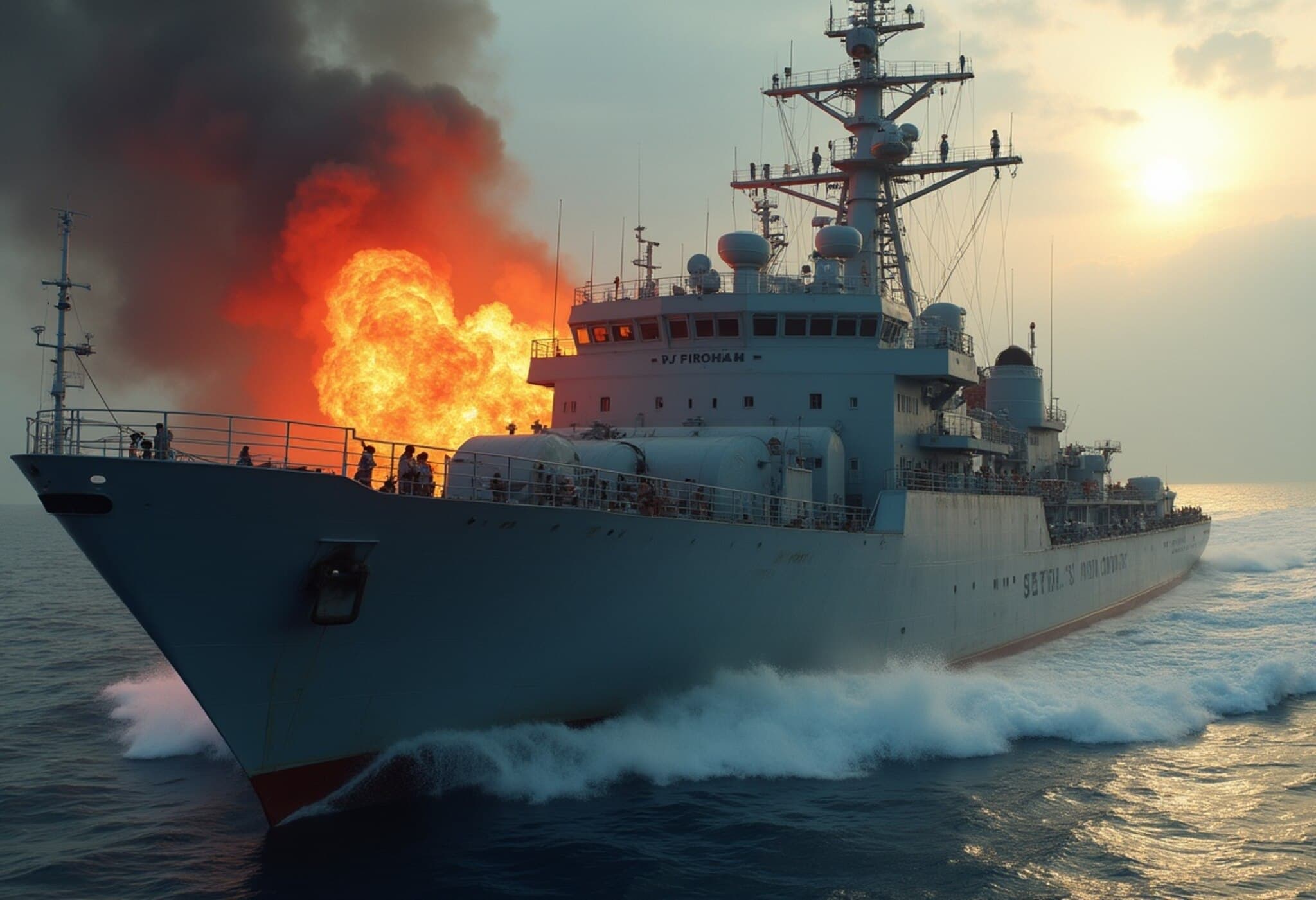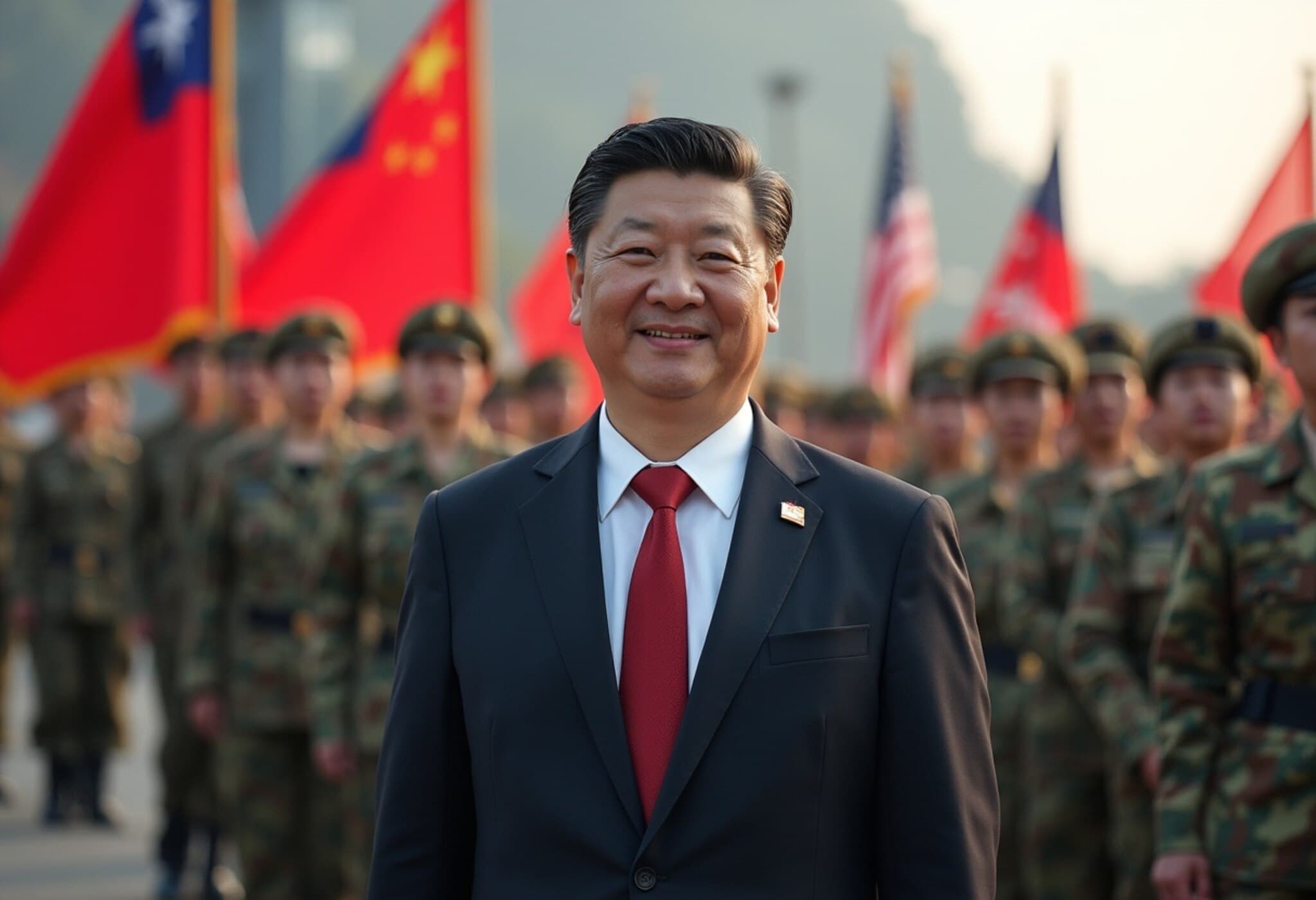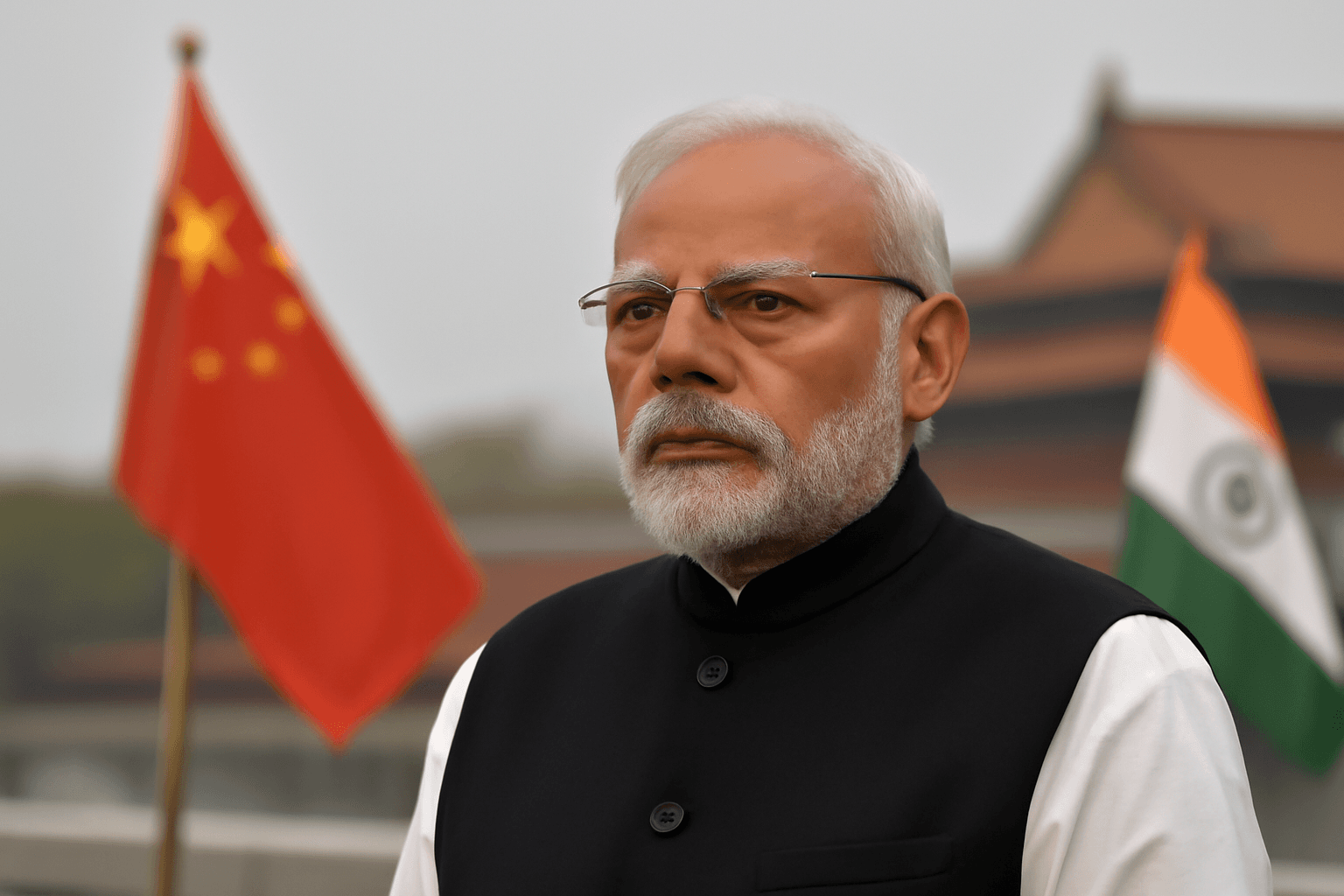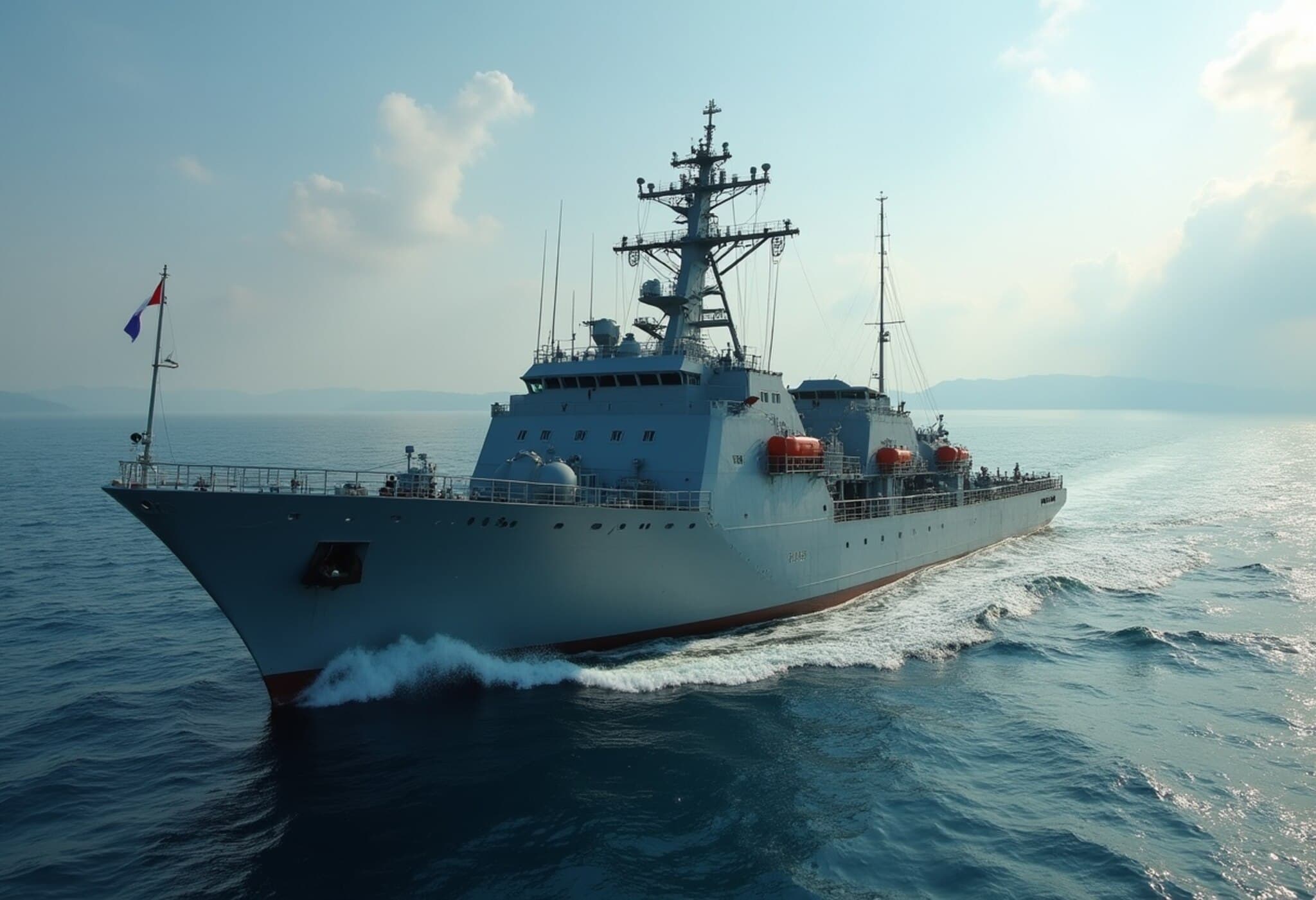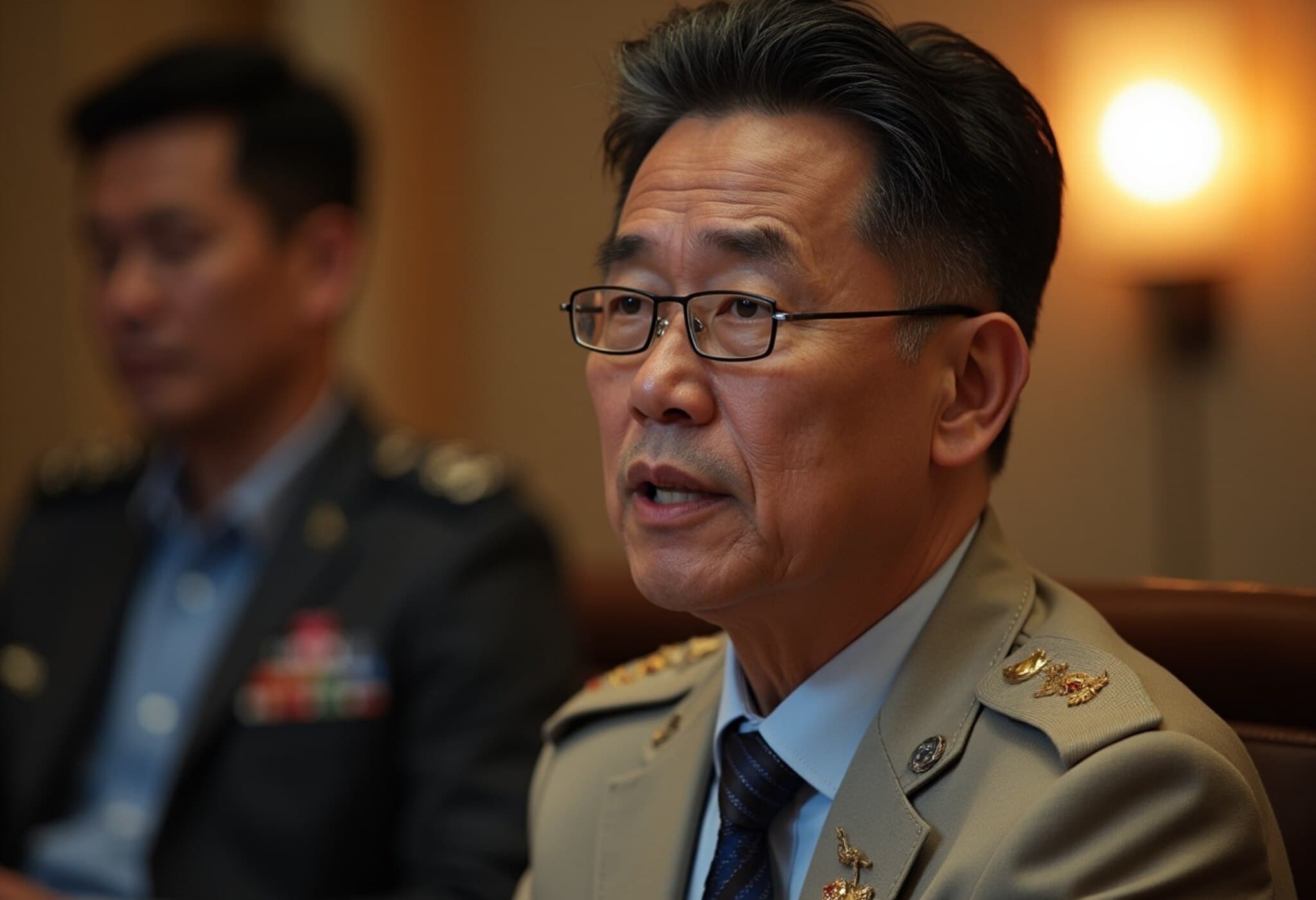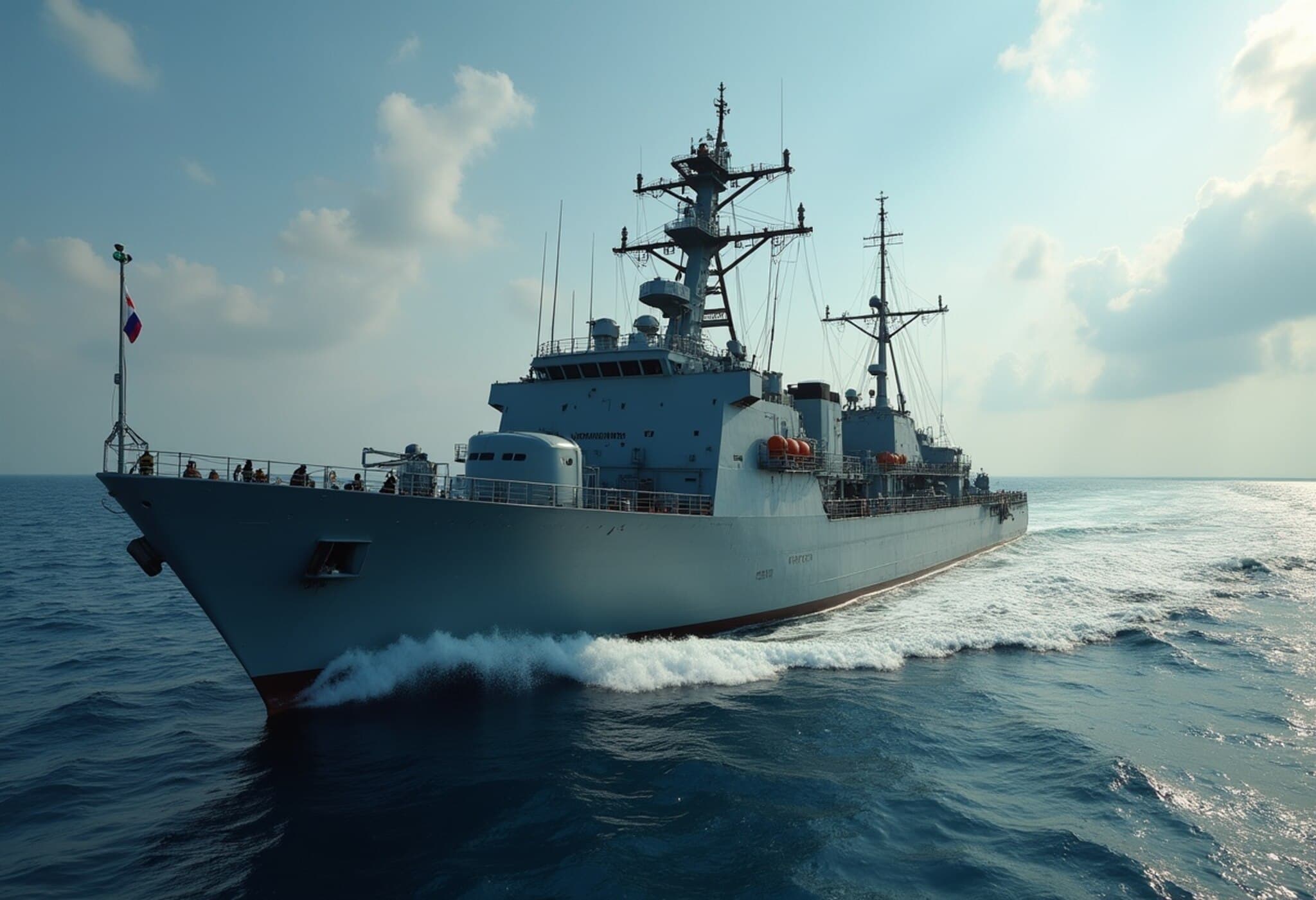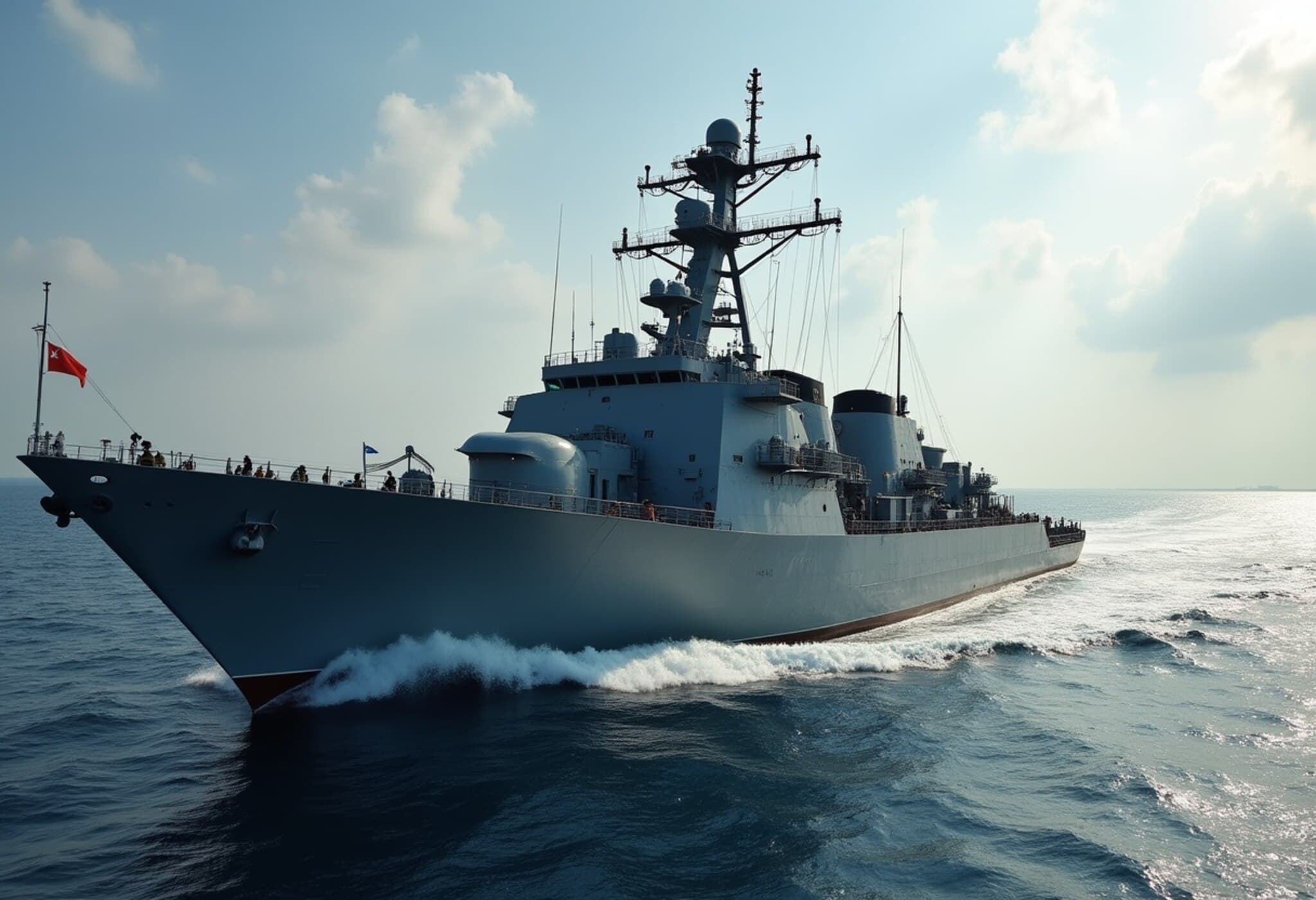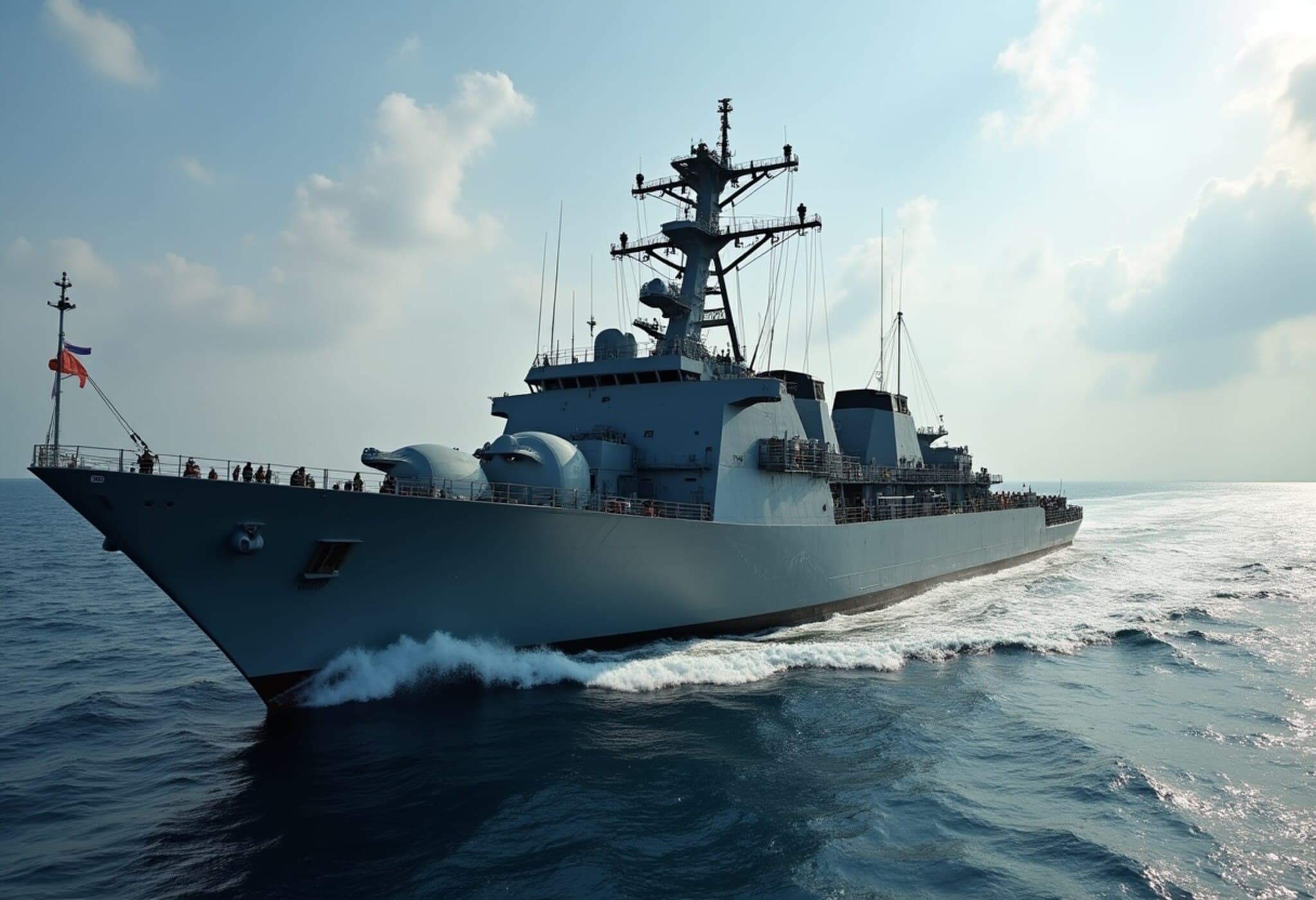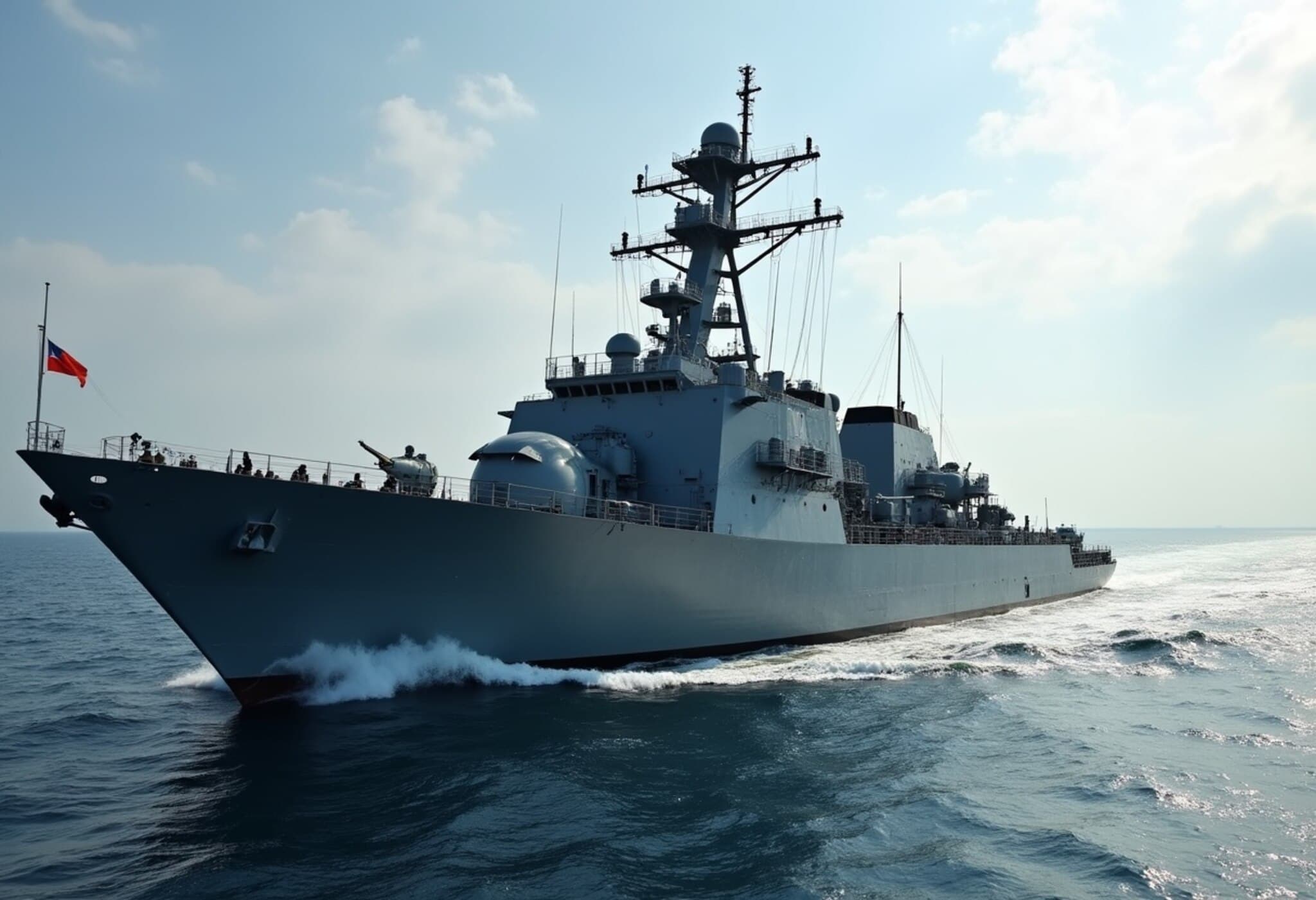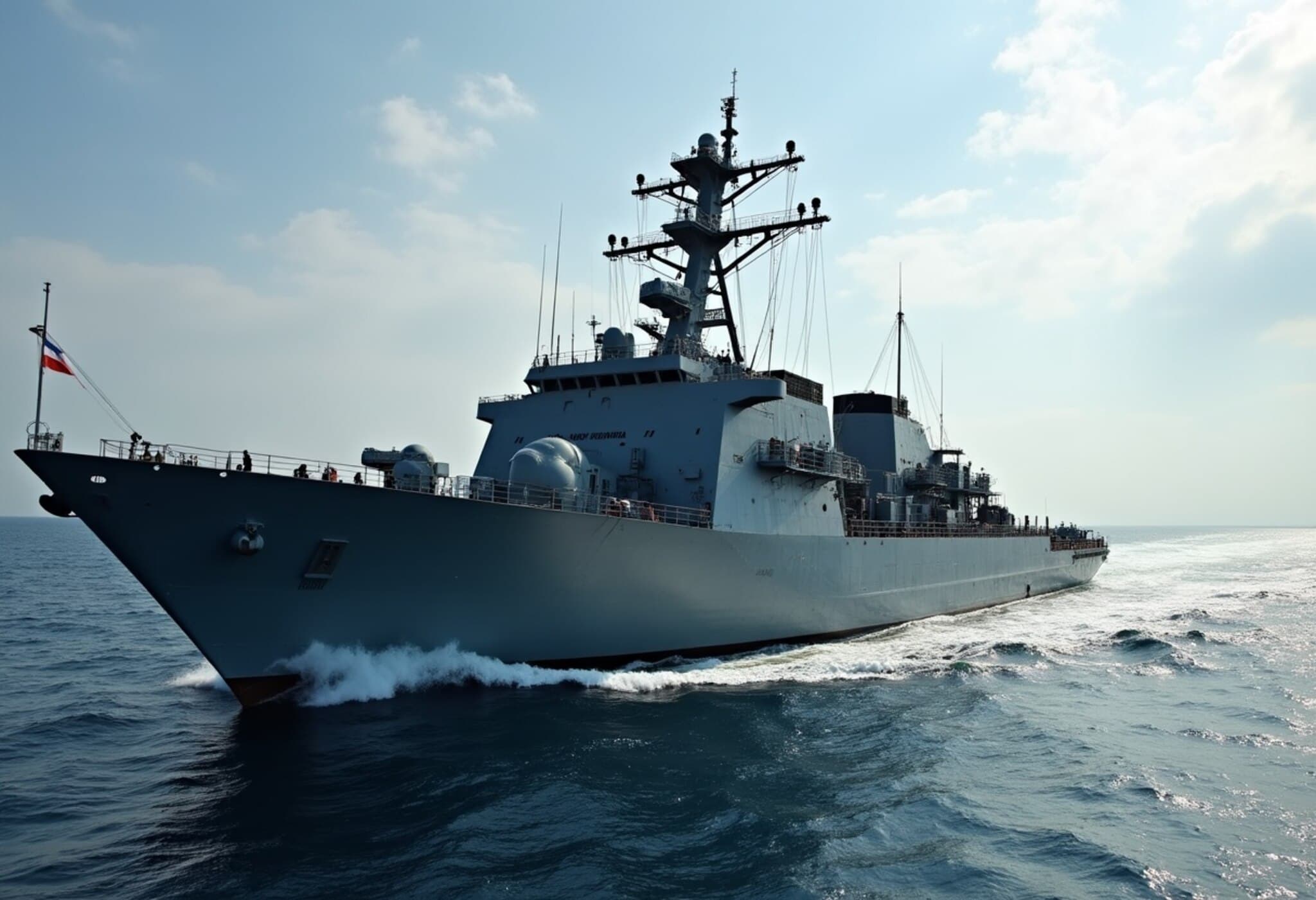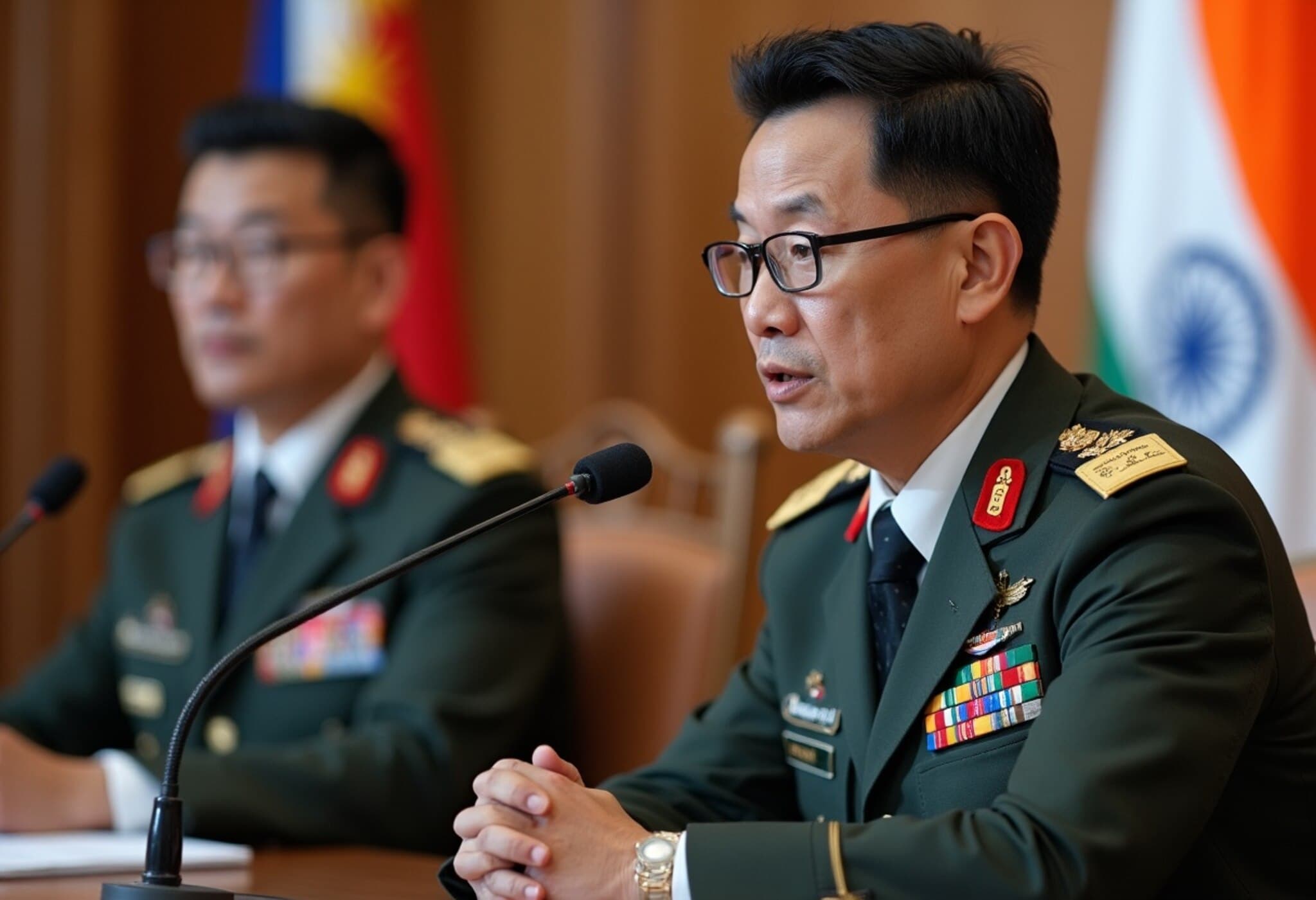Accidental Collision Amid High-Stakes Naval Pursuit in South China Sea
In a vivid reminder of the volatile environment in the contested waters of the South China Sea, a recent incident involving Chinese coast guard ships has raised fresh concerns about maritime safety and regional stability. On August 12, 2025, a Chinese naval vessel unexpectedly collided with one of its own coast guard ships while aggressively pursuing a Philippine patrol boat amid escalating territorial disputes.
Details of the Incident
According to eyewitness accounts and regional monitors, the collision occurred near a disputed maritime zone claimed by both China and the Philippines. The Chinese vessels, identified as part of the coast guard fleet, were reportedly engaged in close-quarters maneuvering as they chased the Philippine boat, which was conducting a routine patrol.
During this pursuit, one of the Chinese ships accidentally rammed into a sister vessel, causing significant damage but no reported casualties so far. The incident has drawn sharp attention due to the growing number of confrontations in this highly contested region.
Contextualizing the South China Sea Dispute
The South China Sea remains a geopolitical hotspot where overlapping claims from China, the Philippines, Vietnam, Malaysia, Brunei, and Taiwan frequently result in tense stand-offs. The area is strategically crucial due to its rich fishing grounds, potential energy resources, and vital shipping lanes that handle nearly a third of global maritime trade.
China’s increasingly assertive naval and coast guard presence, backed by expansive territorial claims represented in the contentious 'nine-dash line,' has been met with resistance from the Philippines and other Southeast Asian neighbors. Incidents like this recent collision underscore the dangers of such confrontations escalating unintentionally.
Expert Insight: Navigating Risks Amid Rising Rivalries
Maritime security expert Dr. Laura Kim of the Center for Strategic Affairs notes, “This collision, though accidental, is symptomatic of the broader challenges in the South China Sea — where military and paramilitary vessels operate in close proximity under high tension. The risk of accident or miscalculation remains high, and international mechanisms for conflict prevention need urgent strengthening.”
From a U.S. policy perspective, the incident reignites debates around freedom of navigation operations and supporting Southeast Asian allies amid China's maritime expansion. Washington has consistently called for maintaining open, rules-based seas and has expressed concern over coercive tactics that threaten regional peace.
Underreported Dimensions and Critical Questions
- Local fishermen's plight: How are the recurring naval standoffs affecting the livelihoods and safety of local coastal communities, often caught in the crossfire?
- Environmental impact: What are the ecological consequences of frequent naval confrontations and increased military activity in one of the world’s richest marine biodiversity hotspots?
- Conflict escalation: What diplomatic avenues remain viable to de-escalate tensions and prevent accidents from spiraling into broader conflicts?
A Delicate Balance on Waters Fraught with History
As the South China Sea remains a chessboard of strategic moves, the recent self-collision amid pursuit serves as a stark reminder that even minor navigational errors can have outsized diplomatic repercussions. With China and the Philippines—both crucial players in Asia-Pacific geopolitics—caught in this recurring pattern of shadowy maritime confrontations, international stakeholders must emphasize dialogue, maritime safety protocols, and cooperative surveillance to mitigate risks.
Editor's Note
This episode exposes the precarious nature of maritime security in the South China Sea, highlighting the intersection of national sovereignty, regional power projection, and local human impact. It invites us to question how nations can uphold their territorial claims while honoring the shared interest in maritime safety and environmental stewardship. The incident further stresses the importance of renewed diplomatic engagement and robust multilateral frameworks that prioritize transparency and conflict prevention.



